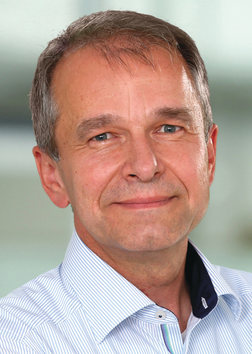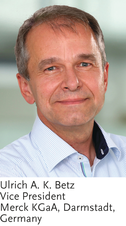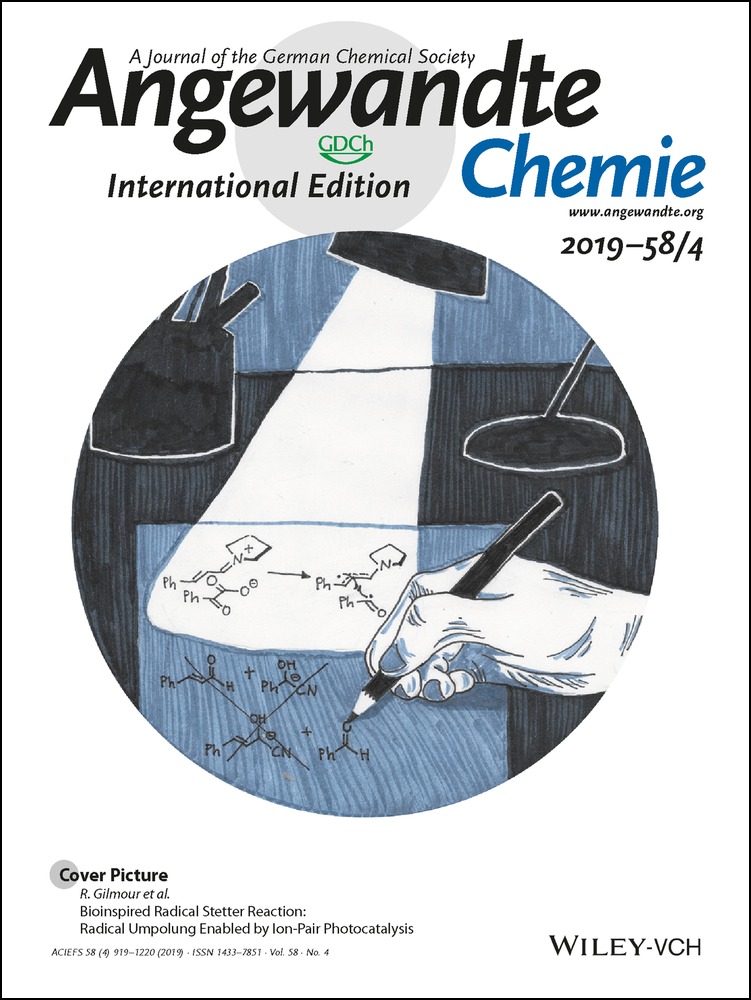The Darmstadt Science Declaration: Make Science Not War†
I thank Aleksandra Deczkowska for the suggestion to label the Darmstadt Science Declaration “Make science not war”.
Graphical Abstract
“… We will only be able to solve significant challenges with further progress in science and technology applied to the benefit of humanity. The Darmstadt Science Declaration is a global call to action to devote more resources to the advancement of science and technology to enable humanity to solve the challenges of today and to realize the dreams of a better tomorrow …” Read more in the Guest Editorial by Ulrich A. K. Betz.
And rapid action is necessary. Despite convincing analysis showing that the world has become a bit better each day, there are signs that this trend will not go on forever without our strong continuous efforts. We might have over-stretched the utilization of the available resources. There are signs that humanity on earth is approaching the limits to growth, as first predicted in a report to the Club of Rome in 1972 that caused worldwide attention. The project that produced this report officially titled The Limits to Growth was conducted by D. H. Meadows, D. L. Meadows, J. Randers, and W. W. Behrens at the Massachusetts Institute of Technology (MIT), commissioned by the Club of Rome, and funded by the Volkswagen Foundation (Germany). Despite a lot of criticism that the first book received, mainly based on the perceived simplicity of the used computer simulations, it could be shown in the regular updates published since then that the “business-as-usual scenario” described in the report unfortunately aligns well with historical data so far. Continuing unchanged, this would finally result in collapse of the global economy and environment in the first half of the 21st century because of a combination of increased pollution and exhausted natural resources, with signs of economic decline becoming visible some time before.
Worldwide R&D expenditures in Organisation for Economic Co-operation and Development (OECD) countries totaled an estimated $1.1 trillion in 2016, and have continuously risen in the past, apart from a dip after the financial crisis in 2008. Nevertheless, in its last report the OECD raised serious concerns about recently declining public funding for R&D and innovation, indicating that the situation could deteriorate further with ageing societies. In many OECD countries, public research funding in 2015 was already below the level determined for 2000 (e.g., Australia, Finland, France, UK, Italy, Spain, and the U.S.). In the U.S. for example, government funding flatlined after the 2008 crash and has declined as a percentage of gross domestic product from 0.88 % in 2009 to 0.62 % in 2015. There are growing pressures on the developed societies from ageing, global migration, and climate change issues and we need to ensure that these pressures are not making R&D funding suffer, as it is our only hope to solve these problems in the future.
Especially in times when we hear dominant voices asking for an increase in military spending, it should be clear that more weapons cannot avoid the outbreak of conflicts for the remaining resources of our planet. To avoid such conflict altogether and to enable a great life for each and every human, new science and technology is required to fight the root causes and sources of conflict. What we also urgently need is a positive outlook, a force countering the increasingly dystopic views of the future we encounter daily not only in the news but also in art and literature, where a utopian view of our future has largely been replaced by dystopic visions.
With around 1300 participants from all over the world, a line-up of more than 50 top speakers and panelists including six Nobel laureates, the Curious2018—Future Insight Conference (http://curious2018.com) brought together in the Science City in Darmstadt (Germany), some of the world's greatest scientists and most accomplished entrepreneurs to jointly explore the future of science and technology and to create this positive and utopian future mindset. Both the conference and a new research prize (http://futureinsightprize.merckgroup.com) were sponsored by Merck KGaA Darmstadt, Germany, the world's oldest pharmaceutical and chemical company, on the occasion of its 350th anniversary. On the first day of the conference, the Darmstadt Science Declaration was rolled out. The Darmstadt Science Declaration is a global call to action to devote more resources to the advancement of science & technology to enable humanity to solve the challenges of today and to realize the dreams of a better tomorrow. Everybody is cordially invited to sign this declaration (http://darmstadt-science-declaration.org).
The declaration reads: “We, the signatories, are people of different national origins, creeds and convictions. We all firmly believe that human progress is deeply linked to further advances in science and technology. We are truly convinced that science is a force for good which enables us to solve many of mankind's most pressing challenges. We believe that huge opportunities will arise from future science and technology efforts. Yet we are also very well aware of the responsibility and accountability we bear for the new technologies that are realized. We call on all nations, societies and organizations to devote more resources to the advancement of science and technology. We encourage the international community to join forces in battling debilitating diseases, ensuring sufficient food for a growing world population, stopping the destruction of our environment, and engaging in joint endeavors to elucidate the secrets this fascinating universe holds. Nothing shall be impossible.”
The declaration has in the meantime been signed by numerous individuals, including Nobel laureates such as Frances Arnold, Bruce Beutler, Joachim Frank, Harald zur Hausen, Jean-Marie Lehn, J. Fraser Stoddart and other famous scientists such as Craig Venter, Emmanuelle Charpentier, or the President of the Weizmann Institute of Science, Daniel Zajfman. It will be widely published and brought to the attention of decision making bodies all over the world. The goal is to shape public opinion, to create a global movement resulting in a change in the allocation of resources towards research and development, in an increased attraction of bright young talent to science and technology and in general in an optimistic, utopian outlook to ensure the technologies required for a bright and sustainable future are made available in time.
The universe is an incredible place that holds endless secrets waiting to be uncovered. With all progress in science and technology, we have just scratched the surface of what is out there waiting to be known. What more noble an endeavor could one imagine than proudly advancing into the unknown, increasing the understanding of the universe we are living in and using this knowledge to solve the challenges of today, to enable the dreams of a better tomorrow and to create a good and peaceful life full of love and achievement for everybody on this planet and beyond.
Nothing will be impossible.
Join the movement and sign the declaration today at: http://make-science-not-war.org.






